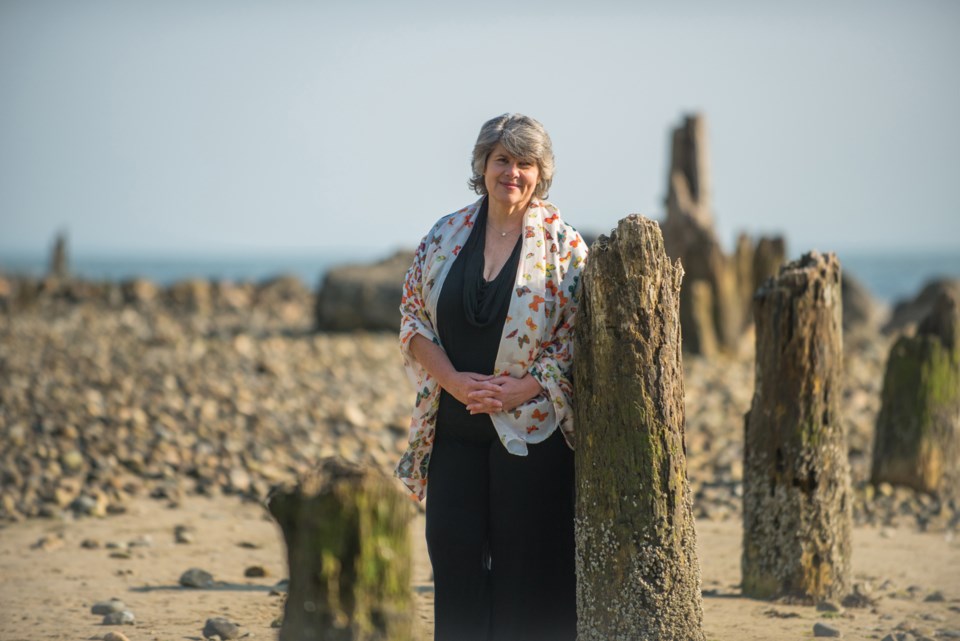In a time of alternative facts, fake news, and waves of dubious information, are there things we can do as individuals and as citizens to protect ourselves and help preserve some sense of objective truth?
Laura Millar believes there are, and she would know. The long-time Roberts Creek resident is a specialist in developing sustainable records and information programs, has a PhD in archival administration, and is the author of a widely used textbook on the subject. Millar is speaking on these timely issues at the local launch of her new book, A Matter of Facts: The Value of Evidence in an Information Age, at the Sunshine Coast Museum and Archives in Gibsons on Saturday, March 21.
“We need the public to realize if they don’t stand up and defend evidence, we’re going to lose it all,” Millar said in an interview. “Because somebody’s going to push a button and get rid of it or they’re going to lie and nobody’s going to question the lie.
“I thought I needed to make this clear in some sort of way that’s not scary, that’s engaging. The book is funny and entertaining,” Millar said. “It’s not a huge book. But it says there’s something people don’t think about here. I want you to think about it and realize there’s stuff going on you’re not really aware of. Here’s what you need to know and here’s what you need to do about it in a very practical way.”
Millar will give her talk following the launch at the museum of an exhibit celebrating the work of Helen McCall, whose photographs of the Sunshine Coast from the 1920s through the 1940s are a treasury of local history. Chances are that if you’ve seen black-and-white photos of the Coast from those days, some of them are McCall’s work. There’s a stark contrast between that time – when you’d (eventually) get a dozen photos at a time on a roll of film – and today’s world of photography, where we have hundreds if not thousands of instant photos on our cell phones. But the informational problems haven’t changed.
“People get frustrated when they open a grandparent’s photo album and there are no labels, no context,” Millar noted. “But where’s the context when we put something in our phone and it’s just got IMG001 on it or IMG2000? Nobody’s thinking about that.”
Millar emphasizes that, like her book, her March 21st talk will aim to enlighten, not frighten.
“I’m not an anti-digital person,” she said. “I think there’s some amazing things with technology, but we need to harness it and recognize this is a completely different world and all our ways of communicating have changed.”
The launch of the McCall exhibit and Millar’s book starts at 1 p.m. and admission is by donation. All proceeds will go to support the museum.



